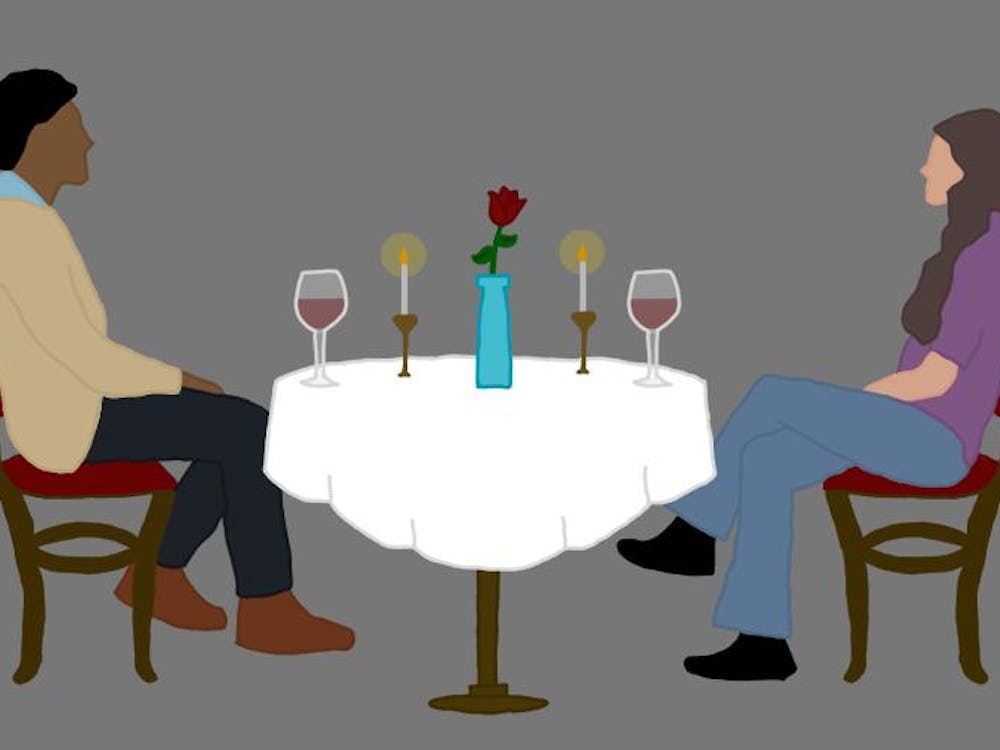There's nothing like a healthy dose of perspective.
I say this because this summer, in between lifeguarding shifts and riding through the woods on horseback with my friends, I took the time to shadow my bone specialist to see what it's really like to be an orthopedist.
I was fortunate to be able to shadow Laura Tosi, who is nationally renowned. At one point a year or so ago, I was driving and heard her quoted on the radio during a news story. During another instance, I was perusing the Sunday paper when I saw Dr. Tosi quoted in an article on bone health.
The other undergraduate students, medical students and residents who were part of Dr. Tosi's entourage - she aptly referred to us as "the usual army" - were similarly dazzled by the celebrity of the physician we were all shadowing.
I was unique in this group. I was the only one who didn't know Dr. Tosi through a friend of a friend or a parent's co-worker.
I had the honor of breaking both legs in high school - thankfully not at the same time - and Dr. Tosi was the one to treat them. In addition to inspiring a set of great college admissions essays, the fractures allowed me to have an unparalleled physician-shadowing experience.
Seeing Dr. Tosi work inspired me to do my best in all my pre-med courses, hoping one day to help patients with difficult disorders. But I also found inspiration in the unlikely form of the patients themselves.
Some of these people lived their day-to-day lives with horrible disorders, crippling conditions. One might expect them to seem resigned, beaten down, tired. They were anything but. These people smiled when we walked by, talked in the waiting room. Their conditions and the doctor appointments that came with them were as much a part of their daily lives as brushing their teeth.
I realized two valuable things while seeing these people. The first was that, compared to theirs, my bone issues - last year's run-in with a pickup truck included - are not really that bad. The second, and perhaps the most profound, was that being pre-med is about so much more than labs and tests and long lectures.
With all the worry that goes into MCATs and grade point averages and class scheduling, it's easy to forget about why we decided to become a doctor in the first place. Medicine is about helping others get well again. It is, above all, about service.
That can be hard to remember when you're slaving over a lab station with only 15 minutes left until cleanup. It can be difficult to remember when you're up late twisting molecular models together in preparation for an organic chemistry test. Unless your future patients are Erlenmeyer flasks and $1 test tubes, lab work can seem frustratingly far-removed from the true essence of medicine.
That's not to say that the clinical skills picked up in lab and the understanding of physiology gleaned from lectures is useless. It's absolutely necessary to survive as a pre-med and succeed as a doctor.
But it's the humanity of the patient, the empathy and the simple desire to help one another in times of need that, once remembered, will carry us through the most arduous labs and the longest textbook chapters.
The contrast between actually treating a patient and just measuring solutions into beakers isn't lost on any of us. Yet if we, the vast University community of pre-medical students, remember the real reason why we are here, then the hours spent in class in labs and all that time spent studying will be that much more bearable.\n\nCourtney's column runs biweekly Fridays. She can be reached at c.hartnett@cavalierdaily.com.






